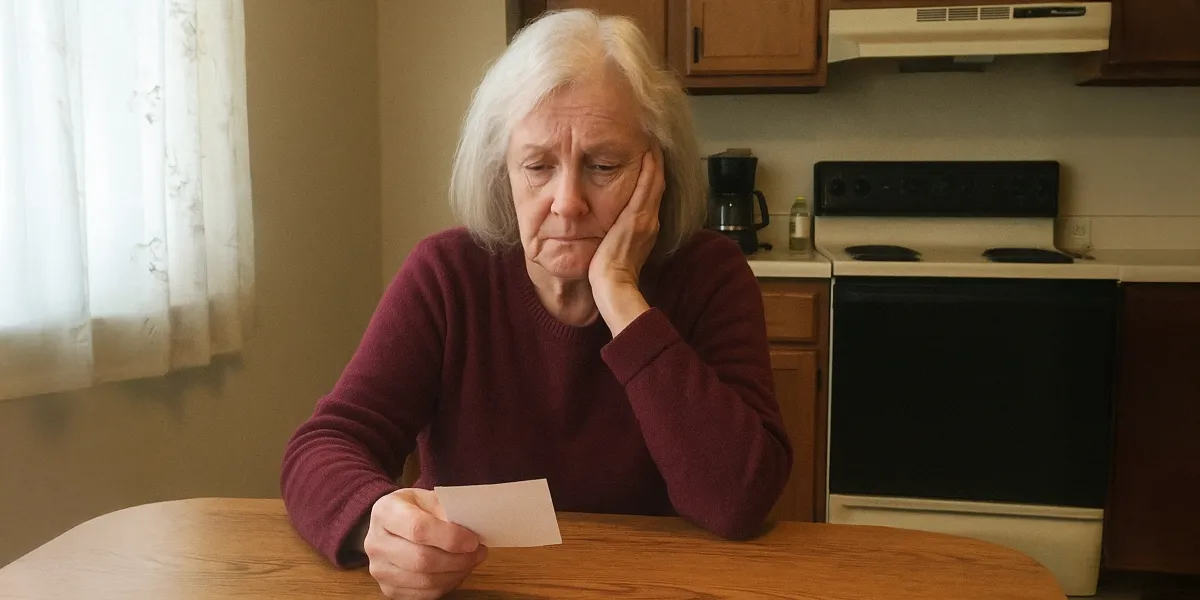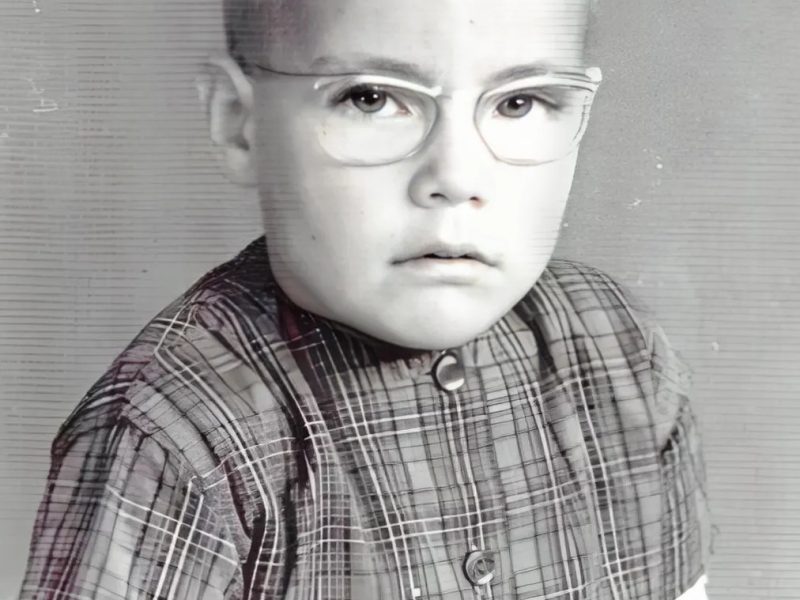Signing my Grandma Marie up for a senior center seemed like a gift, with its friendly staff and fun events. But when she grew distant and sad, I sensed trouble. What I discovered at that center shocked me to my core.
I’m Emma, 27, and Grandma Marie raised me after my mom left when I was five. She’s my hero, teaching me to garden, sew, and stand up for myself. We chat every evening, so I was excited when she joined the Golden Years Center. She raved about book clubs, dance classes, and a tai chi coach, Sam, who she called “spry for 65.” But weeks later, her warmth faded. She stopped talking, her replies brief, like she was hiding behind a wall.

I thought it was a rough patch. “How’s Sam?” I’d ask. “Okay,” she’d say. “Win at bridge?” “Didn’t go.” One day, I brought her favorite peach cobbler. Her house felt still, only her old clock ticking. She was sorting photos, looking frail. “You don’t need to keep coming,” she said coldly. I sat beside her. “I love being with you.” Her eyes were heavy. “Old people are just baggage, left behind.” My stomach dropped. “Who told you that?” She looked away. “No one. It’s just how it is.”
I asked about the center, but she said, “It’s fine.” It wasn’t. Grandma once told a telemarketer his pitch was “lame as stale bread.” This wasn’t her. “You used to love your friends there,” I said. She replied, “You’ve got your own life, Emma. Don’t bother with someone who’ll be gone soon.” Her words hurt. “I’d never leave you,” I said. She sighed, “What if I had nothing left—no house, no savings?” I gasped, “I don’t want your things.” She said she was tired and sent me away.
Leaving, I saw a note in her purse: “They only stay for your money. Stop giving, they’ll go.” It wasn’t her handwriting. Another read: “Do they care if you’re nothing?” Someone was hurting her, likely from the center. I whispered, “I love you,” at her door, unanswered. At Golden Years, with its bright walls and busy schedule, I watched a woman, late 40s, with dark curls, whisper to an elderly woman, who looked crushed. She spoke to Grandma next, whose face fell. A staffer called her Karen, a devoted volunteer. Grandma rushed to leave when she saw me, Karen’s gaze sharp.
Over dinner, I asked about Karen. Grandma froze. “She knows how it feels to be old, forgotten.” I said, “You’re not forgotten.” She replied, “Karen says visits dwindle, then stop.” I asked if Karen wanted personal info. “She’s helping with my will, for safety,” Grandma said. I snapped, “Those notes aren’t true.” She gasped, “You looked in my purse?” Upset, she asked me to leave. I researched Karen, finding warnings about her manipulating seniors at other centers. I brought photos to Grandma’s—us at the fair, my graduation, last Christmas. “This is our story,” I said, showing my findings. She brought out notes and a will draft, admitting Karen said I wanted her estate. We cried, clinging to each other. “I feared being a burden,” she said. I replied, “You’re my everything.” We told the director, who banned Karen and alerted police. She’d harmed others, one naming her heir. Grandma felt silly, but I said, “You’re strong.” We started a gardening club, and her joy returned, our bond solid as ever.


